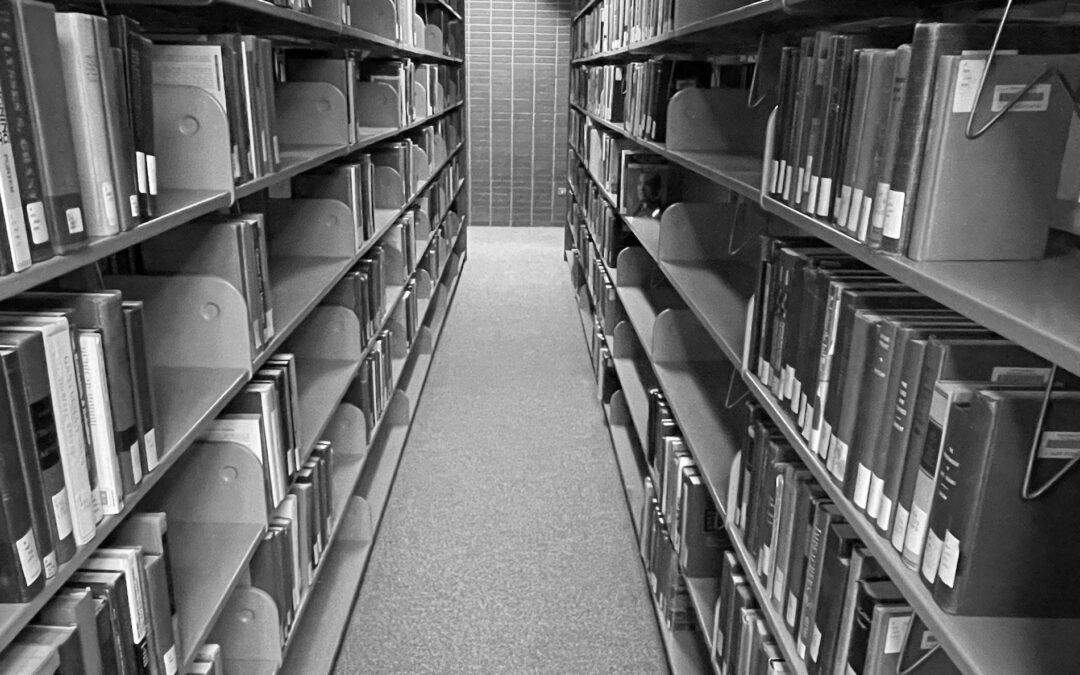We want answers. More specifically, we want ‘an’ answer. Why am I like this? What keeps me doing/not doing what I want to do and know I should do? Typically when asking these questions to ourselves we just assume there is ‘an’ answer. Perhaps we recognize there may be several factors involved in an answer but surely there is an explanation!
But, what if there isn’t an answer?
Or, what if we can never know what ‘the’ or ‘an’ answer is. Just to make a point of clarification: ‘an’ answer seems to assume there is one, and ‘the’ answer seems to suggest we have a means to determine the correct identity of it.
This is a great struggle for many of us maddened by thoughts, feelings and behaviors that continue manifesting unwittingly despite our best efforts against them.
Why are you quick to anger and slow to acknowledge and express other feelings? Maybe the way your mother held you or spoke to you short-circuited the polyvagal system of your stress response. Perhaps the trauma of the car accident when you were 17 was never fully integrated. Heck, maybe even the continual, unrelenting cold winter temperatures and lack of sun works to perpetuate your negative patterning. Are all these plausible? Sure. Possible? Yep. True? I don’t know and no one – not even you – can determine that.
So, am I saying that self-exploration and search for explanation is futile?
Let’s not hastily abandon the famous maxim attributed to the great Socrates: the unexamined life is not worth living. But, let’s embrace it fully and not make hasty assumptions of what must be the case, i.e. a knowable cause.
What we do know is that reality – what we know of it so far – is in a constant indeterminacy. We used to believe that space and time were the constants. Now we know that is not the case. Where does this leave us in daily life contemplation?
Quantum physics shows space/time are fluid and relative. Relate this to our want and survival need of absolutes.
All we can ever hope to achieve, and in fact should strive for, is progressively increasing probability.
I’m often asked if there is a need to go back and talk about childhood to get to the root of a psychological problem. My answer is always “maybe.” I think the effort can yield benefit in recognizing and understanding patterns in our life. And, we can come up with very elegant solutions as to why these patterns exist. But, will we ever know a solution to be correct? No. And does it matter? I don’t think so. After all, you are still going to wake up tomorrow with the same problem, regardless of knowing the reason why it’s there. So, on a more practical note, the question becomes what can I do about it. And, this is where the understanding comes in – the knowing thyself.
It’s not about knowing why, but knowing what and knowing how.
For a further discussion on ‘what’ and ‘how’ please see these previous posts: The What, The How pt.1, The How pt.2
I believe therapy helps to discern what is advantageous for our well-being and daily living from misleading concerns about what is actually true. After all, one possible explanation is that a continual flux exists and this is an essence of existence. If that’s true, then what?
Be ok with that. This is life!

